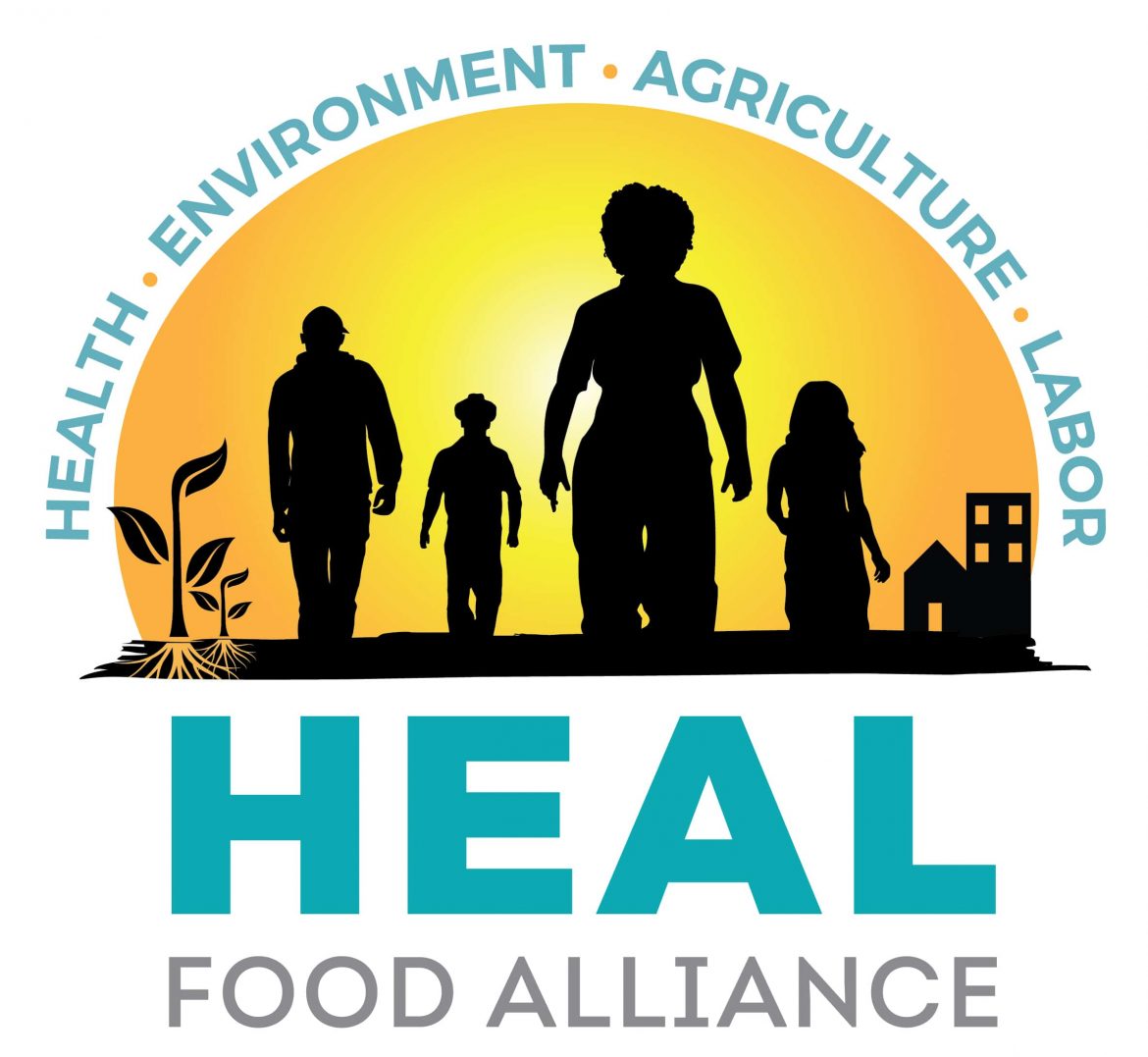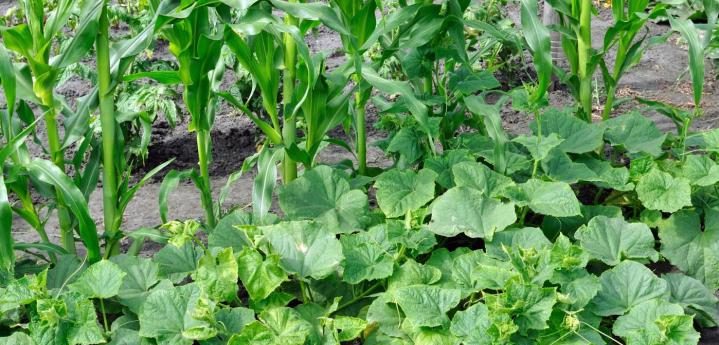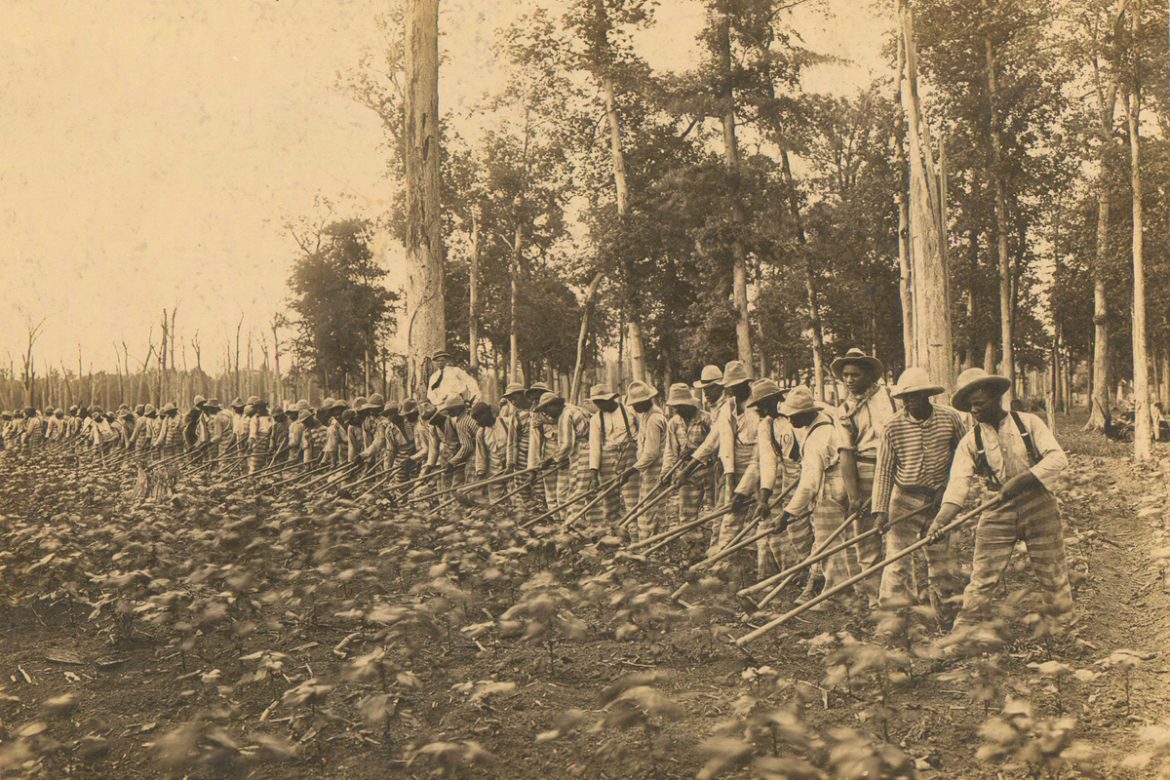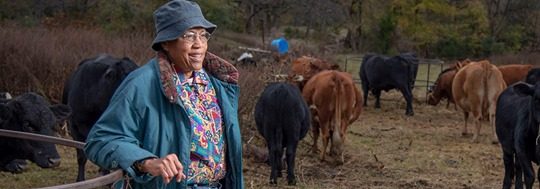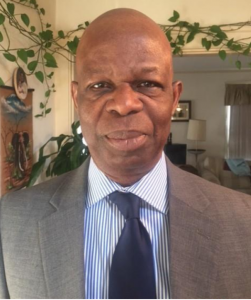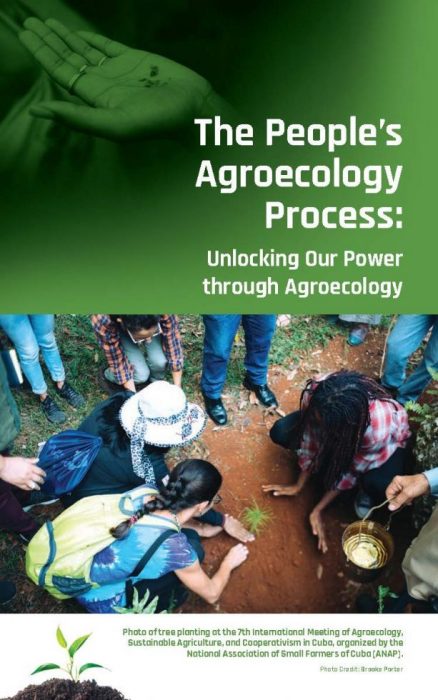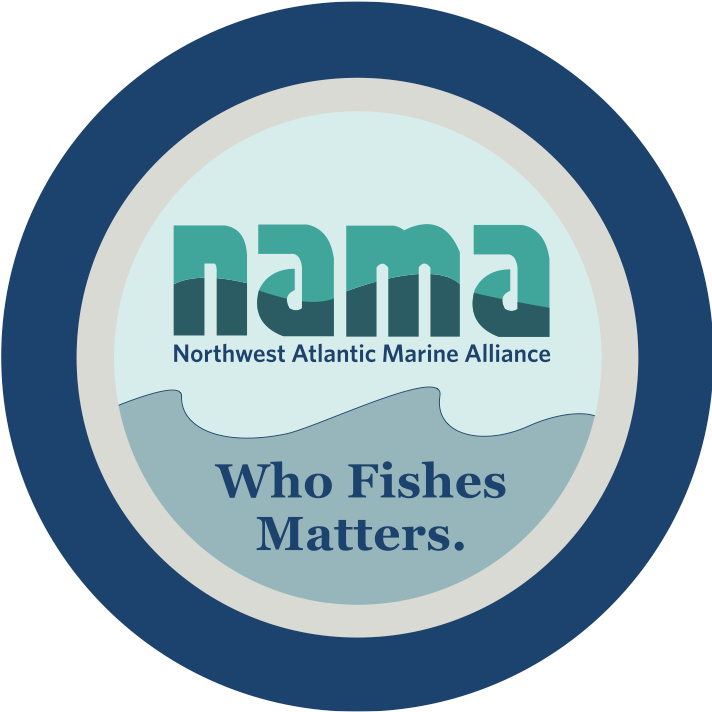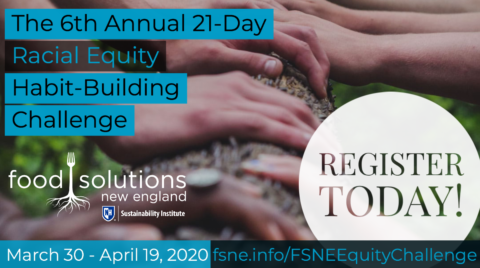An Open Letter from BIPOC Leaders in Food & Agriculture to Food Systems Funders
- Published in Food Justice & Equity, Food Sovereignty, Land Access & Tenure
A Guide to Transformative Land Strategies: Lessons from the Field
- Published in Food Justice & Equity, Food Sovereignty, Land Access & Tenure
A People’s Orientation to a Regenerative Economy
Op-ed: Overthrowing the Food System’s Plantation Paradigm
- Published in Food Justice & Equity
Leveling the Fields: Opportunities for Black People, Indigenous People, and Other People of Color
Life has been difficult. But I am resilient, hopeful, and forgiving
- Published in Food Justice & Equity, Rhode Island
The People’s Agroecology Process: Unlocking Our Power Through Agroecology
Standing Against Racism
- Published in Food Justice & Equity, Racial Equity Challenge
Northwest Atlantic Marine Alliance Statement on White House Executive Order to Expand Factory Fish Farms and Deregulate the Fishing Industry
- Published in Fisheries, Food Justice & Equity, Food Sovereignty, News & Announcements

